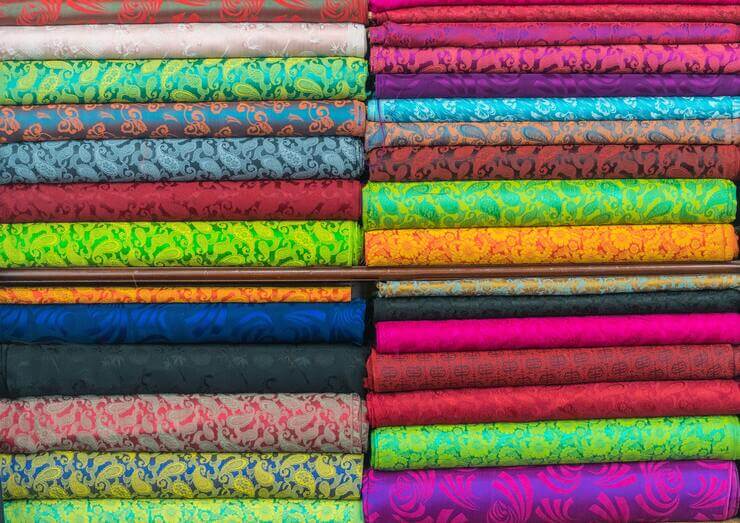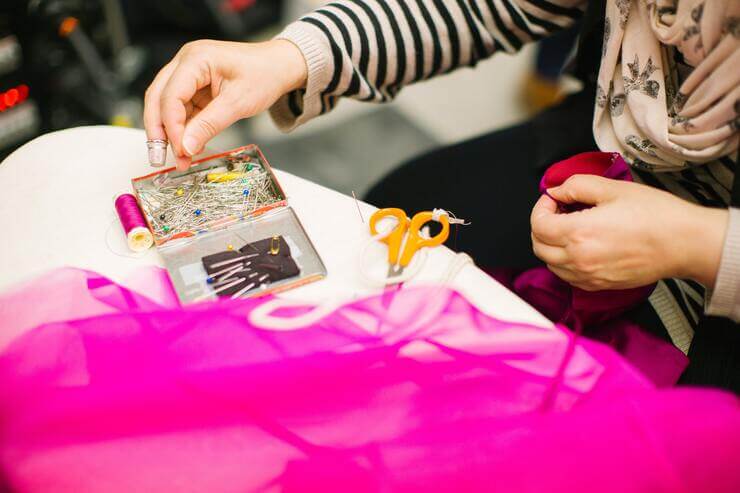

Everybody talk about it, especially in fashion. The apparel industry only accounts for 10% of global carbon emissions and remains the second largest industrial polluter, second only to oil. That’s totally uncool, don’t you think?
Going from the production of the ingredients until the disposal of garments, maybe is not so easy to imagine how large is the impact of the entire fashion value chain on the environment. Let’s have a look at data collected by Forbes and Rose & Willard.
Fabric production. About 70 million barrels of oil are used globally each year to make polyester fiber, currently the most commonly used fiber in clothing but also the one which takes more than 200 years to decompose.
Rayon, viscose, modal and lyocell yearly production needs about 70 million trees.
What about cotton? If not organic, cotton is the world’s single largest pesticide-consuming crop, using 24% of all insecticides and 11% of all pesticides globally, and you can understand how this affect soil and water.

Garment manufacturing. Around 15% of fabric is wasted during the garment manufacturing process. More than 150 billion garments are produced annually, enough to provide 20 new garments to every person on the planet, every year. Fast fashion garments, which we wear on average less than 5 times and keep for 35 days, produce 400% more carbon emissions per item per year than garments worn 50 times and kept for a full year.

Customer consumptions. We pollute environment also while washing our clothes: plastic microfibers shed from our synthetic clothing into the water supply account for 85% of the human-made material found along ocean shores, threatening marine wildlife and ending up in our food supply.
Americans throw away about 70 lbs of clothing per person every year. Moreover, in the UK, only around 15% of unwanted clothes are donated or recycled. The remaining 85% ends up in landfills, so totally wasted.

So, this is what is currently happening, but several actors of the fashion value chain from fabric suppliers to fashion brands, are somehow trying to face this relevant issue. As FTA, we have always been interested in the digital and technology side of the fashion industry, so our question regarding sustainability is the following: Will technology and digital transformation improve the fashion industry footprint? If yes, how?
Some considerations: E-commerce is the fastest growing channel globally, reaching 7% penetration regarding the fashion & luxury market (Altagamma Monitor, 2016). However, if at the beginning e-commerce was supposed to be one solution to a more sustainable approach, nowadays there are growing concerns about its environmental impacts. The balance will depend on policies that e-commerce providers will adopt considering IT infrastructure, shipping, packaging. Moreover, we know the customers journey is totally omni-channel, so for the next predictable future e-commerce will adds-up the traditional retails, so there are not really saving by reducing the pollution related to physical stores. However, it is undoubtedly that the number of stores are going to decrease thanks to the e-commerce.

According to Tech Crunch, although market forecasting and million-dollar sales teams can help guide manufacturing order decisions, an estimated 30% of all manufactured goods end up as waste within months of rolling off the production line. Every year.
Two solutions can work to reduce this insane waste. The first is to leave the mass production and go towards custom made orders. We have talked about personalization as one of the main trend of 2016. There will be a time where made to measure will become democratized and hence will have a large impact on production processes? 3D printing can help on the production side and online configurator on the demand side.
The second support come from big data and artificial intelligence. Are all those data that we as customers provide automatically going to tell system what we really want to buy? Not yet, but many startups and corporations are working on it. We are sure that big data and AI could significantly close this gap.
On March 9th we will explore further these topics with the help of speakers coming from the fashion industry, during the event Rethinking Fashion. The event will be hosted by Boston Consulting Group, in their Milan office in Piazza Duomo. The main aim is to discuss about the role that innovation and digital transformation can play to improve sustainability in the fashion and retail industry.
Last but not least, we will present some very interesting sustainable startups which will have the opportunity to win a partnership with QVC Italy. Get in touch with us here to know more!

Giusy Cannone is Chief Executive Officer of Fashion Technology Accelerator.
She is the reference point for FTA’s corporate projects, also creating business connections for startups in the Acceleration Program and mentoring participants of our Masterclasses,